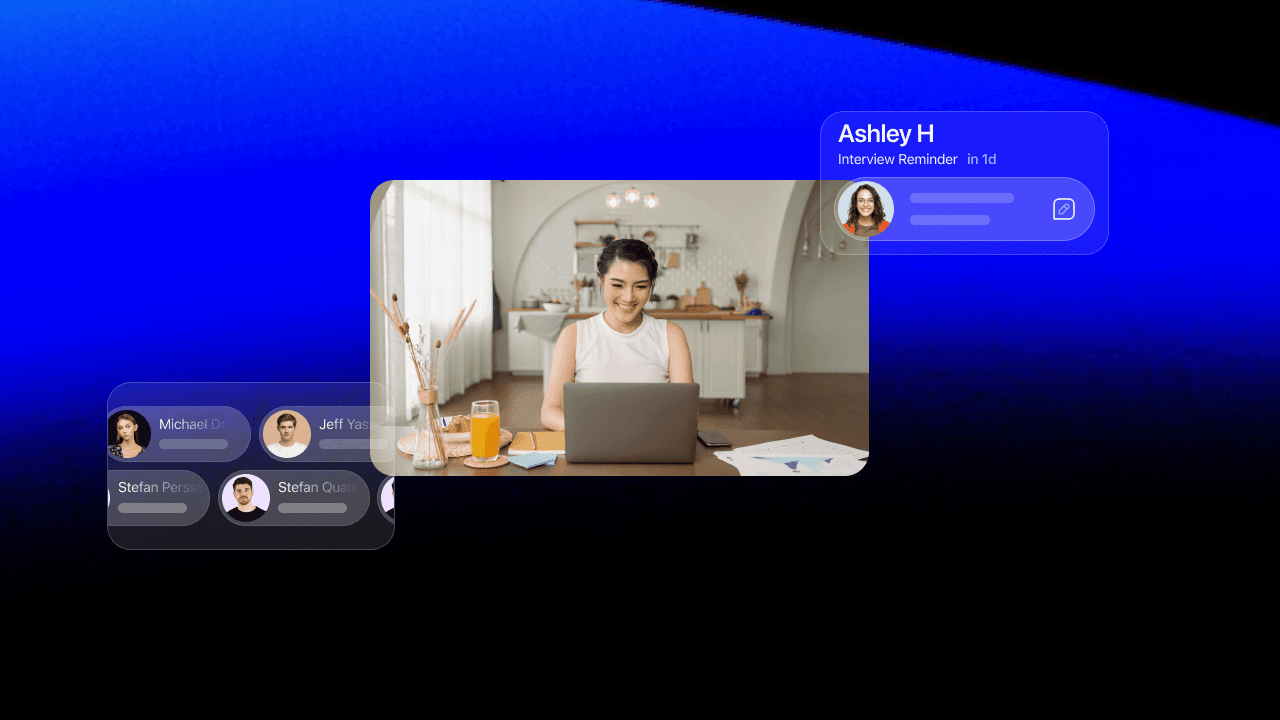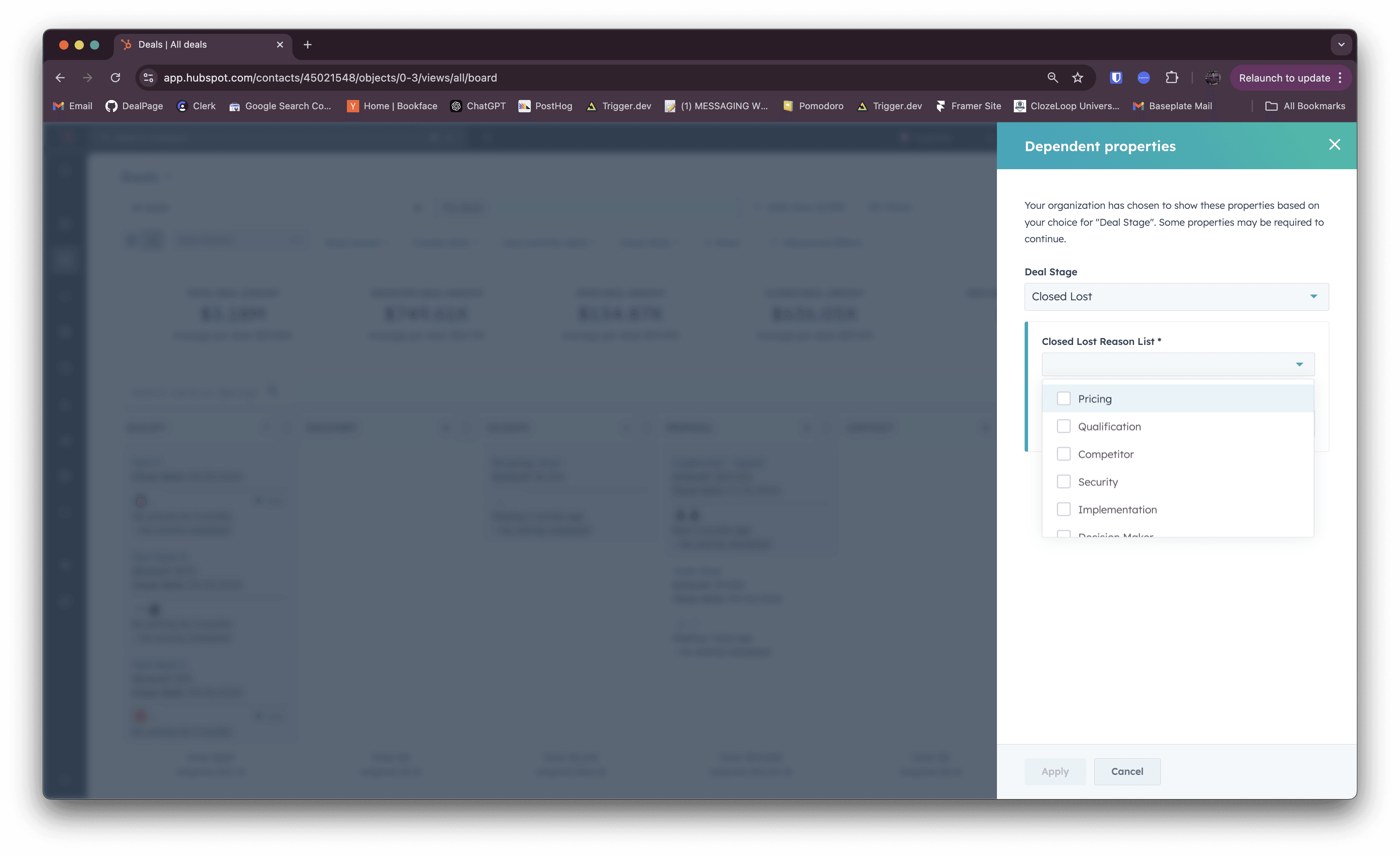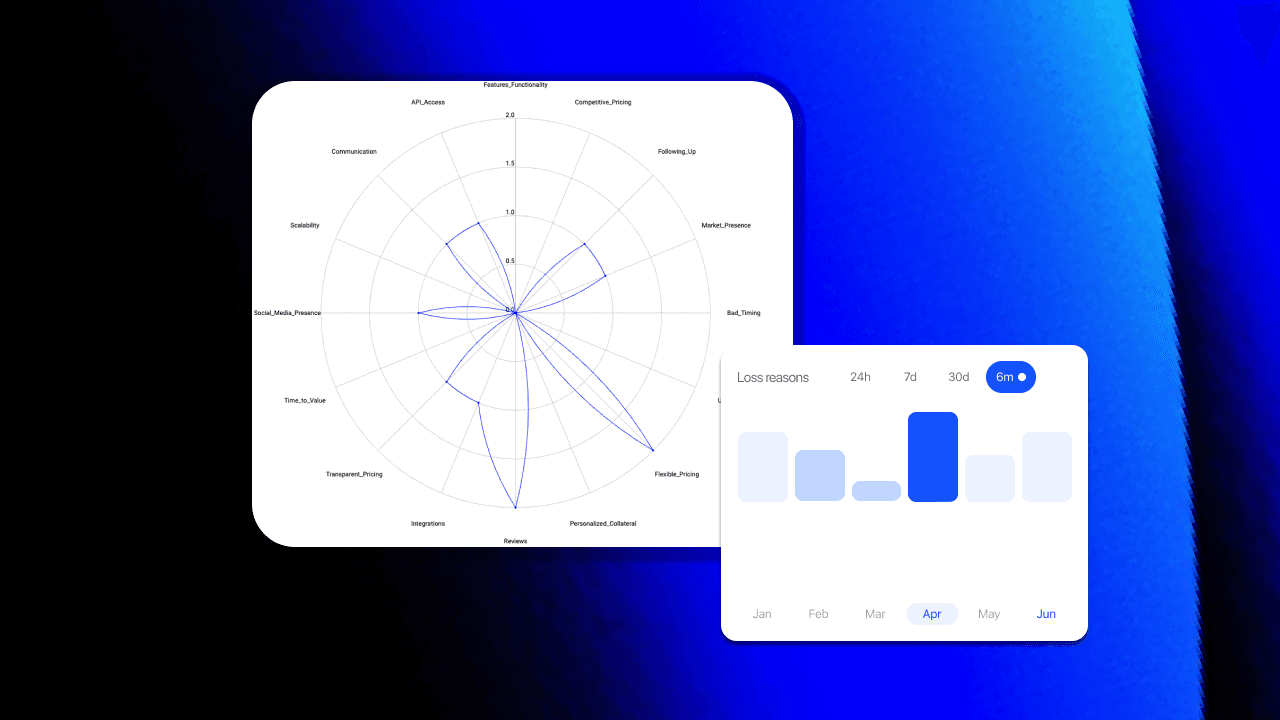
Win-Loss Analysis Buyer Interview Template

Sep 10, 2024
Written by

Andrew Luo
Introduction
Buyer interviews are the most critical datasource for any Win-Loss Analysis practice. They allow you to collect unbiased feedback directly from the source relating to buyer priorities, motivations, and perception of your team and product.
We recommend this guide for Product Marketing, Product Management, and other senior leadership teams that want to schedule and run their own buyer interviews.
Look for future content that covers scheduling buyer interviews, which is not part of the scope of this article, but also a difficult challenge.
What is Win-Loss Analysis?
Win-Loss Analysis helps businesses understand "why" they win or lose deals. It involves systematically examining both successful and unsuccessful sales opportunities to gain insights into the factors that influence buyer decisions.
This analysis helps companies understand their competitive position, refine their sales strategies, improve on product/service offerings, and ultimately generate more revenue.
About Buyer Interviews
Buyer interviews - in the context of Win-Loss Analysis - are conducted after deals are marked closed, traditionally in 30-minute video calls.
Sounds simple right?
Unfortunately, scheduling buyer interviews is time consuming, and running them properly can be difficult. If done incorrectly, you'll get biased, unsatisfying, sugarcoated answers that pull you further off course.
For these reasons, many teams rely on expensive 3rd-party consultants to handle their buyer interviews. We've heard reports of teams paying more than $1000 per interview…
Fear not!
With this template, you'll have a resource that helps you run a high-quality buyer interview without relying on outside help.
Note: Blind buyer interviews, conducted by 3rd parties, are the preferred strategy for reducing bias (if you can afford them!)
Buyer Interview Guide
For a script and templated document to fill out during your interviews, with all our recommended questions, click here.
Remember that these questions need to be tailored based on the outcome of the deal, deal stage reached, products being sold, customer pain points, competitors, and more.
Before the interview
Before conducting a win/loss analysis interview, it's crucial to prepare thoroughly. This preparation ensures that you gather meaningful insights and make the most of your time with the interviewee. Here are some key steps to consider:
Research the specific deal and customer to tailor your questions appropriately
Review any existing data or feedback related to the deal
Go into the interview with an idea of the key topics you'd like to discuss
Introduction
It's important to set the right expectations and put buyers at ease during the first few seconds of your call. It might be the biggest factor separating a useful buyer interview and useless one. Here's how we recommend kicking things offs.
Introduce yourself, your title, and your goal for conducting interviews.
Do not say that you are evaluating your sales team's performance! This is a common mistake that derails many interviews. You may mention that you are collecting feedback on your company's sales process, and trying to align it to buyer preferences.
Make the interviewee comfortable by ensuring their anonymity, offering to answer any questions, and ensuring that they can skip questions.
Remember to ask to record the call
Warm Up
The first few questions you ask are "comfort" questions, that are designed to get the respondent talking.
Can you tell me a bit about your role and team at Hooli Corp?
What motivated your team to look into solutions in the space?
Were you involved in the decision making process?
Are you an active user of the product, or was this for your team?
What role did you play in the evaluation and selection?
Initial Consideration Process
How did you hear about our company?
How familiar were you with our company before the sales process?
Were there other offerings that you considered?
Did any 3rd party publications affect your initial consideration of our company or others?
Sales Process:
Can you describe the process of working with our sales team?
How would you rate your overall experience?
Did you feel we were able to understood your needs?
Was the information provided during the sales process clear and helpful?
How responsive was our team to your questions and concerns?
Is there anything you would have changed in how we consult with potential customers?
Product:
What were the key features you were looking for in a solution?
How well did our product meet your specific needs?
Were there any critical features missing from our product?
How did our product compare to competitors in terms of functionality?
Pricing:
How did our pricing compare to other options you considered?
Was our pricing structure clear and easy to understand?
Did you feel our product offered good value for the price?
Were there any specific pricing concerns that influenced your decision?
Implementation and Support:
What were your expectations regarding implementation time and complexity?
How important was the level of customer support in your decision-making process?
Did you have any concerns about potential integration issues?
Competitive Landscape:
Which other vendors or solutions did you consider?
What made you choose the winning solution over ours (in case of a loss)?
Were there any unique offerings from competitors that stood out to you?
Decision-Making Process:
Who were the key decision-makers involved in the selection process?
What were the primary factors that influenced your final decision?
At what point in the process did you make your decision?
Your next interview
When preparing for your next win-loss analysis interview, keep these key points in mind:
Review the questions above and select those most relevant to your specific case
Tailor the questions to the interviewee's role and their involvement in the decision-making process
Be prepared to ask follow-up questions to dig deeper into interesting or unexpected responses
We hope this helps you start an effective in-house Buyer Interview program! Let us know if you have any feedback or thoughts.





